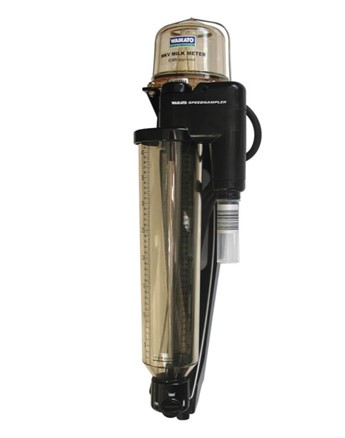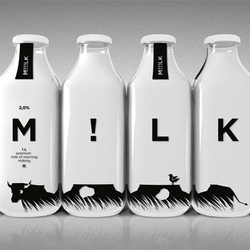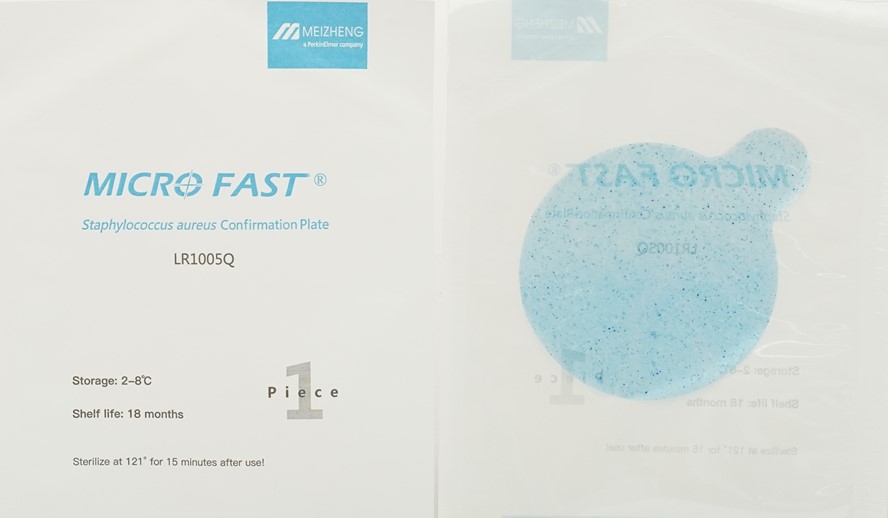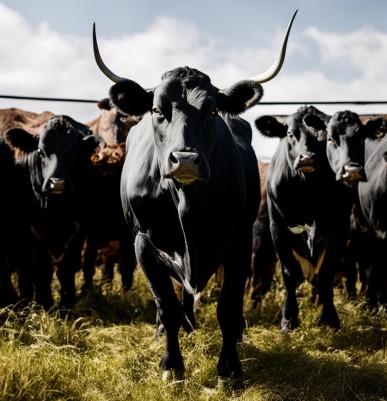An experiment has begun in Russia to create a "domestic Tetra Pak"
The Russian authorities have begun an experiment to replace foreign packaging for products with domestic counterparts, Deputy Prime Minister Victoria Abramchenko, who oversees the agro-industrial complex, said in an interview with RBC.
Due to the Western sanctions against RUSSIA imposed after the start of the special military operation in Ukraine, domestic producers faced a number of difficulties related to equipment for the food and processing industries. The most urgent now, according to Abramchenko, is the issue of packaging - we are talking about analogues of aseptic packaging Tetra Pak and PurePak (such packaging allows for a long shelf life of products without preservatives).
Abramchenko — RBC: “There was no anger during the pandemic, but now there is anger” Business
An experiment aimed at "marrying" the domestic pulp and paper industry and product manufacturers, that is, creating a synergistic effect between the timber industry and the food industry in order to replace imported packaging with domestic ones, is in an active phase, says Abramchenko. Among the participants in the experiment, the Deputy Prime Minister names the Mondi group (it owns the Syktyvkar timber industry complex - a pulp and paper mill in Komi) and manufacturers of dairy products - for example, the Educational and Experimental Dairy Plant of the VGMHA named after. N.V. Vereshchagin" (produces milk and butter under the brand name "Vologda from Vologda").
The new domestic packaging may go into mass production this year, Abramchenko hopes. The first batches of domestic PurePak packaging board have already been purchased for the dairy industry. “As far as I know, Vologda milk can already be purchased in such packaging,” says Abramchenko.
Swedish authorities have banned the EXPORT of Tetra Pak products to Russia Politics
“We hope that the experiment will be successful. Maybe there will not be that beautiful white packaging that is familiar to the eye - it will be gray, as we call it, “environmentally friendly”, but it will be ours, domestic,” says Abramchenko. She emphasizes that the quality of the products will not change: “It is important that the quality and safety of what is packaged in this package will not be affected in any way. And we will not return to aluminum cans.”
In parallel with increasing the output of packaging, Russian manufacturers are testing domestic inks, in particular, those produced by Gangut, ABV Flexo, and Print Color. Printing inks are also included in the list of goods for parallel imports, adds Abramchenko.
In June, Swedish authorities banned Tetra Pak from exporting its products to Russia, Dagens Nyheter reported. According to the newspaper, Tetra Pak and several other Swedish companies asked the country's authorities to exempt them from EU sanctions in order to continue exporting to Russia. Tetra Pak explained this as humanitarian reasons, since the company produces "seven out of ten packages for milk and juices", including for baby food. But the Swedish authorities did not consider the company's arguments to be conclusive evidence. Tetra Pak's HEAD of communications for Northern Europe, Eva Rodlich, warned that the stoppage of exports could result in nationalization of the company's Russian assets, giving Russia "access to technology it doesn't currently have."
Tetra Pak plant refused to print packaging for Vkusnoteevo kefir Business
Tetra Pak owns a plant in Lobnya near Moscow: the enterprise is the largest enterprise in Russia and Eastern Europe for the production of packaging for liquid food products. Among the consumers of this package are PepsiCo (House in the Village, J7, Lyubimiy), Coca-Cola HBC (Dobry, Rich), Danone (Prostokvashino, Alpro).
At the end of March, the Russian Tetra Pak was forced to reduce the range of food packaging due to a shortage of some components: the company suspended the production of two-liter packages for wine and drinks, Kommersant reported, citing sources among food and beverage manufacturers.
In April, the founder of the Molvest company, which produces dairy products under the Vkusnoteevo, Tender Age and Fruate brands, Arkady Ponomarev told RBC in an interview that Tetra Pak does not allow its plant in the Moscow region to print packaging for kefir and fermented baked milk. Molvest's Tetra Pak accounted for about 50% of its carton packaging.
In May, a RIA Novosti source reported that the head office of the Swedish company severed ties with the Russian JSC Tetra Pak due to anti-Russian sanctions, and there is a risk of stopping production. A representative of the Russian office of Tetra Pak denied this information and assured that the factory in Lobnya continues to produce and ship packaging.
Foreign companies, according to Abramchenko, do not leave Russia of their own free will: “Believe me, no one wants to leave. Those who make harsh statements are under a lot of political pressure.”



























































